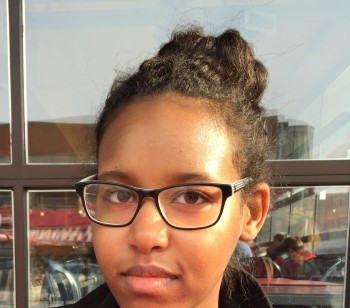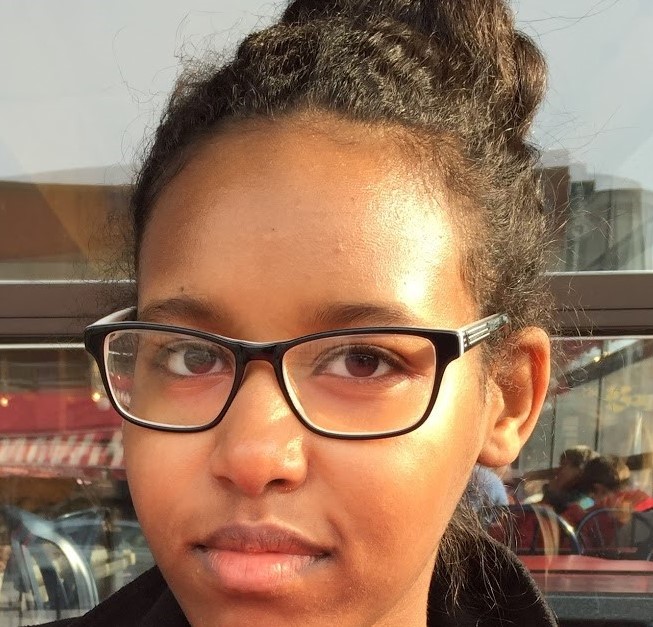by
Ililli Ahmed
There’s no doubting it- feminism is vital. And although feminism is supposed to be completely inclusive, it is rather easy to see that it needs more acceptance: which is exactly what inter-sectional feminism offers. As a 15 year old black girl, I have to navigate through my life burdened by both sexism and racism, and inter-sectionality makes me feel more included in a topic that affects all women, and not just a select few.
Intersectionality is a term established by American professor Kimberlé Crenshaw in 1989, and stating that, “women experience oppression in varying configurations and in varying degrees of intensity. Cultural patterns of oppression are not only interrelated, but are bound together and influenced by the intersectional systems of society. Examples of this include race, gender, class, ability, and ethnicity.” Essentially, all women are different, and these differences determine one’s experiences with oppression, which come in many forms and to varying degrees. Simply put, there is no ‘one-size-fits-all’ type of feminism, although many perceive feminism as a very limited concept.
But why is intersectional feminism so important? I mean, isn’t regular ol’ feminism good enough? Why do we have to divide women and pit them against each other like that? These are all common arguments against intersectional feminism, but here’s the thing: feminism may be mainstream now a days (which is great), but mostly ‘white feminism’ receives media attention (not so great) …and as you can tell from the term, it is usually completely exclusive of women with a visible minority, and/or women of colour. The colloquial term “white feminist” is used to describe someone who only thinks about the oppression of a white, able-bodied, cisgender, straight and middle class white woman. And although some white feminists understand the concept of intersectionality theoretically, a lot of them have a hard time actually demonstrating it in their activism.
Let’s take pop sensation Taylor Swift for example. It’s well known that she is a proud feminist, but even though feminism is simply supposed to include all women in its fight for equality, she is quick to fight for a white girl in need, and then turn around and discredit a black woman’s success (see her past tweets to Nicki Minaj), while simultaneously using black women as props (easily seen in her video for ‘Shake it Off’). White feminism is also demonstrated when a cis, straight, able-bodied white girl is praised for doing the same thing as a minority, but the minority ends up being slandered. Beyonce dresses provocatively on stage? She’s anti-feminist (even though a woman is entitled to make her own decision with her body). Kylie Jenner does the same, and she’s considered a style icon.
This view of feminism as a single, white woman layer is exactly why intersectional feminism must be appreciated for what it is; a movement that includes all women of different backgrounds and experiences (including white women) and bringing them together to pave the way for a better and more gender equal future. Intersectionality is still a relatively new term to mainstream media, and yet its message is one that any and all feminists can relate to: it’s time to start listening to and including various groups of women, and their multi-layered points of view, in order to move forward as a unified group. That way, all women can be heard in order to demand the respect that we deserve.
About the writer
Hi, my name is Ililli Ahmed! I’m a tenth grade student who loves open-mindedness, equality and Beyoncé. In the past I’ve written articles for Radio-Canada, and have been published in Canadian anthologies. I aspire to one day become a human rights lawyer, journalist and activist. You can contact me at [email protected].


